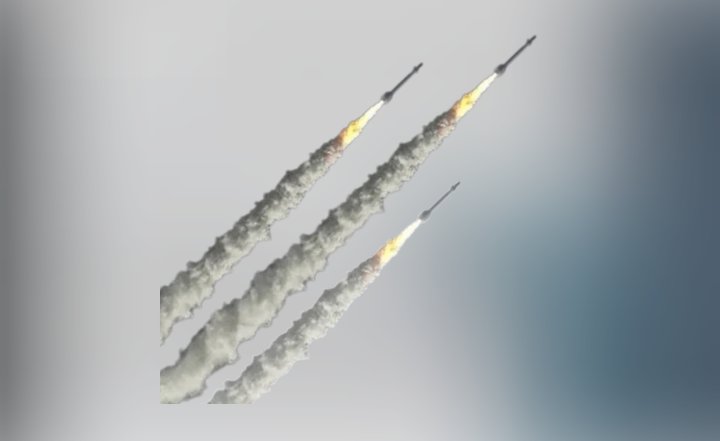NOVANEWS
Hassan Laqis, who was killed in a clean and especially professional assassination, was a veteran Hezbollah military leader and described by Western intelligence as a ‘brilliant mind.‘

The death of Hassan al-Laqis, a senior Hezbollah commander who was killed on Tuesday in what looks like a clean and especially professional assassination in Dahieh, the Shi’ite quarter of Beirut, is the biggest operational blow to the Lebanese organization since the death of Imad Mughniyeh. Mughniyeh, who was described as the Hezbollah chief-of-staff, was assassinated in Damascus in February 2008. At the time Hezbollah blamed Israel, which refrained from responding. On Wednesday morning the organization blamed Israel for the assassination of Laqis as well.
Laqis, one of Hezbollah’s veteran military leaders, has been familiar to Western intelligence services since the 1980s. Intelligence officials have described him in the past as a “brilliant mind” who played a combined role in the Shi’ite organization, which could be compared to the head of Israel Defense Forces’ research and development as well as technology and logistics branch.
Laqis was knowledgeable of and involved in all the organization’s operational secrets – from the acquisition and development of advanced weapons to the establishment of classified communication systems to Hezbollah’s operative plans. His death strips Hezbollah of a “intelligence source” – a person whose experience and widespread connections to Syrian and Iranian intelligence organizations served Hezbollah well for almost three decades.
Aside from a general and almost automatic denial by the Foreign Ministry spokesman, Israel has not reacted to the claims from Lebanon. That is part of a regular policy, whose main purpose is to maintain a “sphere of denial” which Israel has been using in recent years regarding all the activities attributed to it in Syria and Lebanon. The absence of an official announcement or denial creates a certain ambiguity for the other side. At the same time, it also enables it to refrain from an immediate response.
The same was true when Israel was accused of the assassination of Mugniyeh, the bombing of the nuclear facility in Syria in 2007 and a series of at least six aerial attacks on weapons arsenals and convoys in Syria earlier in the year. In several cases, based on deliberate leaks by the U.S. administration among other things, the foreign media nevertheless attributed these moves to Israel.
In several other cases Israel was not suspected, despite specific accusations by Hezbollah and Iran. That was the case with the series of serious explosions in recent months in Beirut, including an attack on the Iranian embassy there and a booby-trapped car that blew up in Dahieh. The foreign media seem to be well aware that Israel would try to avoid indiscriminate acts of slaughter of civilians, as opposed to a targeted military operation.
If this really was an Israeli manoeuver, there may be an attempt here to exploit the present chaos in Lebanon – which is a consequence of the murderous civil war in Syria – to strike at Hezbollah. Laqis was the address on the other side of the efforts to smuggle advanced weapons systems from Syria to Hezbollah, which in the past Israel has vowed to prevent.
Several hours following the report of Laqis’ death, an extremist Sunni organization released a statement in which it assumed responsibility for the assassination. Since anyone with a basic knowledge of Arabic and familiarity with the relevant Internet forums can present himself today as an extremist Sunni organization, it is hard to judge the reliability of the report. As far as Hezbollah is concerned, there is no question that if the organization believes that Israel is responsible, it will retaliate. We can assume that the basic interest of the organization – to avoid an overall conflict with the IDF – remains unchanged. The question is what options are now open to it – from attempts to strike at Israeli and Jewish targets abroad (which take time to prepare) to firing Katyusha rockets at Israel under cover of some ephemeral organization without taking official responsibility.



